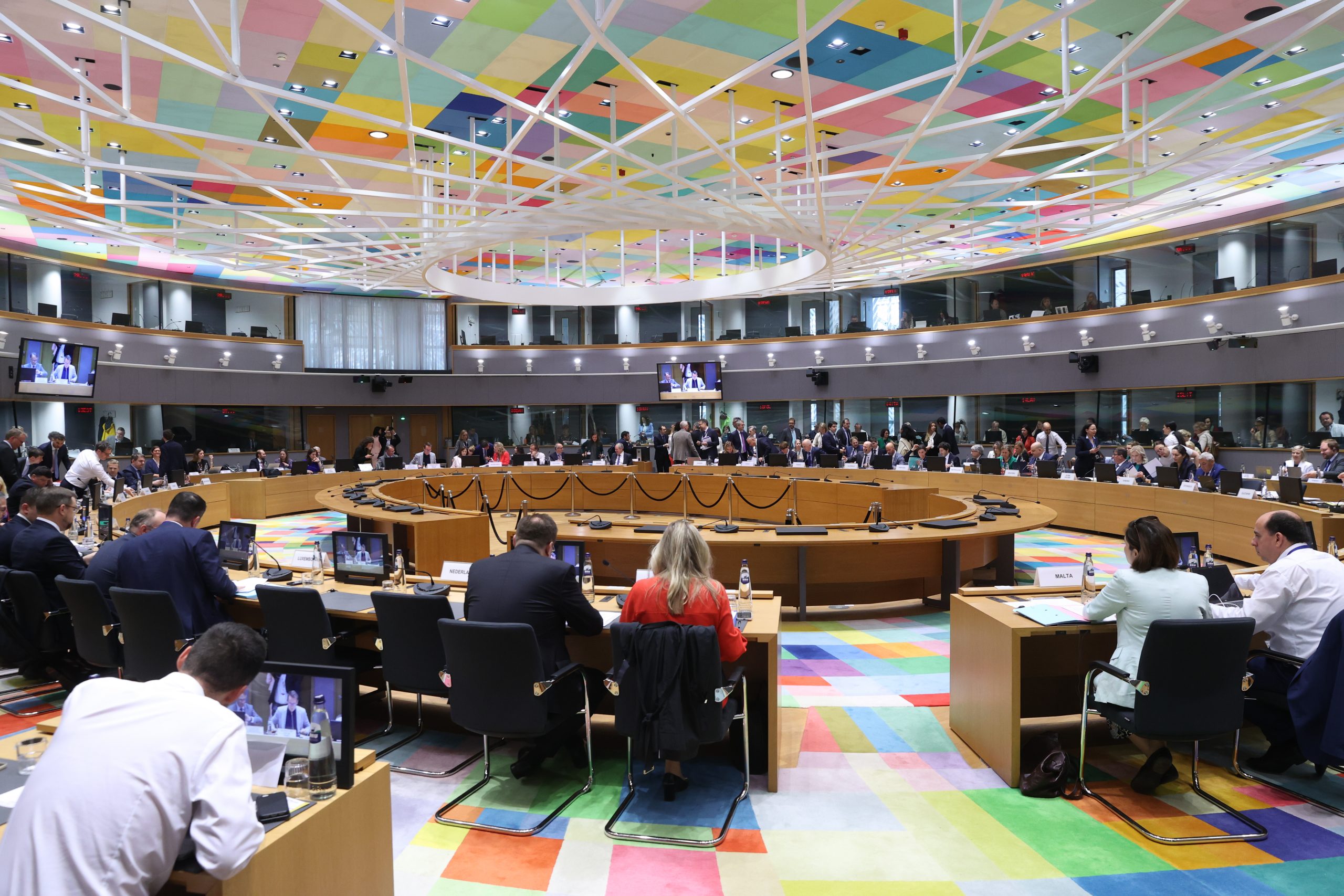The European Union Council adopted its position on the green claims directive, which aims to address greenwashing and help consumers in climate-friendly decision-making.
According to a press release issued by the Council, a 2020 study found that more than half of the environmental claims offer vague, misleading or unfounded information.
The proposed directive sets minimum requirements for the substantiation, communication and verification of such explicit environmental claims.
This new proposal is aimed towards explicit environmental claims (written or oral text) and environmental labels that companies use voluntarily when marketing their greenness and which cover the environmental impacts, aspects or performance of a product or trader. It also applies to existing and future environmental labeling schemes, both public and private ones.
The general approach distinguishes between explicit environmental claims and environmental labels, to specify the obligations applicable to each, including which requirements apply to both.
It directs the companies to use clear criteria and the latest scientific evidence to substantiate their claims and labels. It also calls for, environmental claims and labels to be clear and easy to understand, with a specific reference to the environmental characteristics they cover (such as durability, recyclability or biodiversity).
“Today, we reached an important agreement to fight greenwashing by setting rules on clear, sufficient and evidence-based information on the environmental characteristics of products and services. We aim to help European citizens to make well-founded green choices,” said Alain Maron, Minister of the Government of the Brussels-Capital Region, responsible for climate change, environment, energy and participatory democracy.
